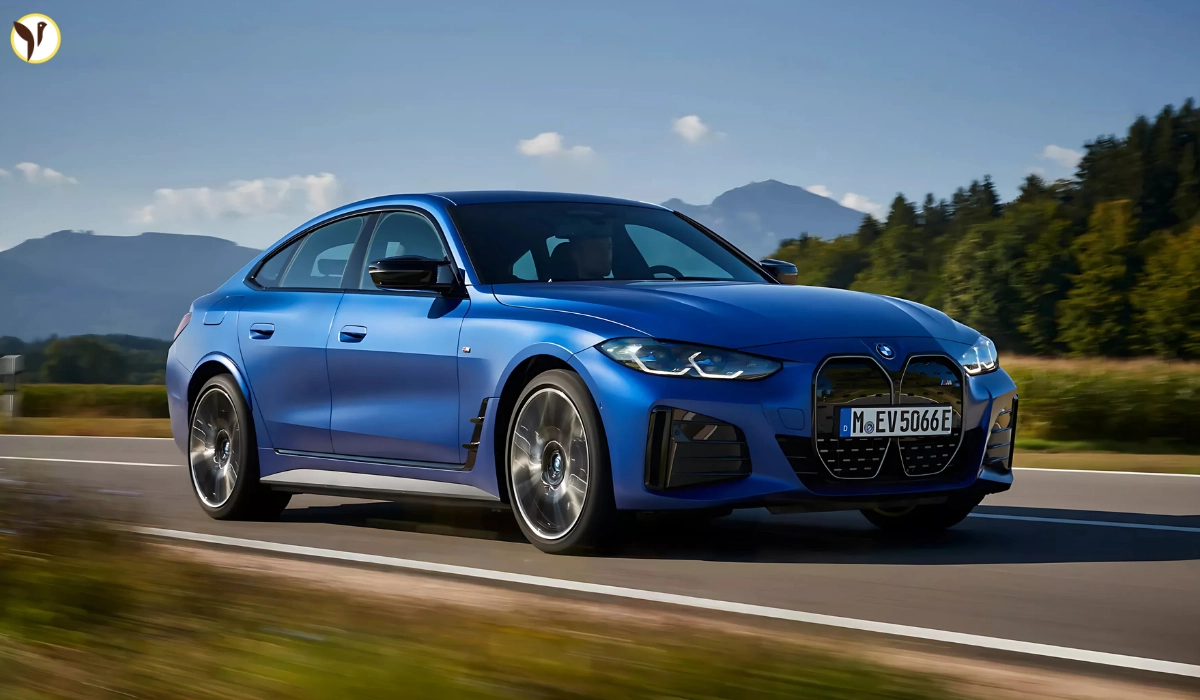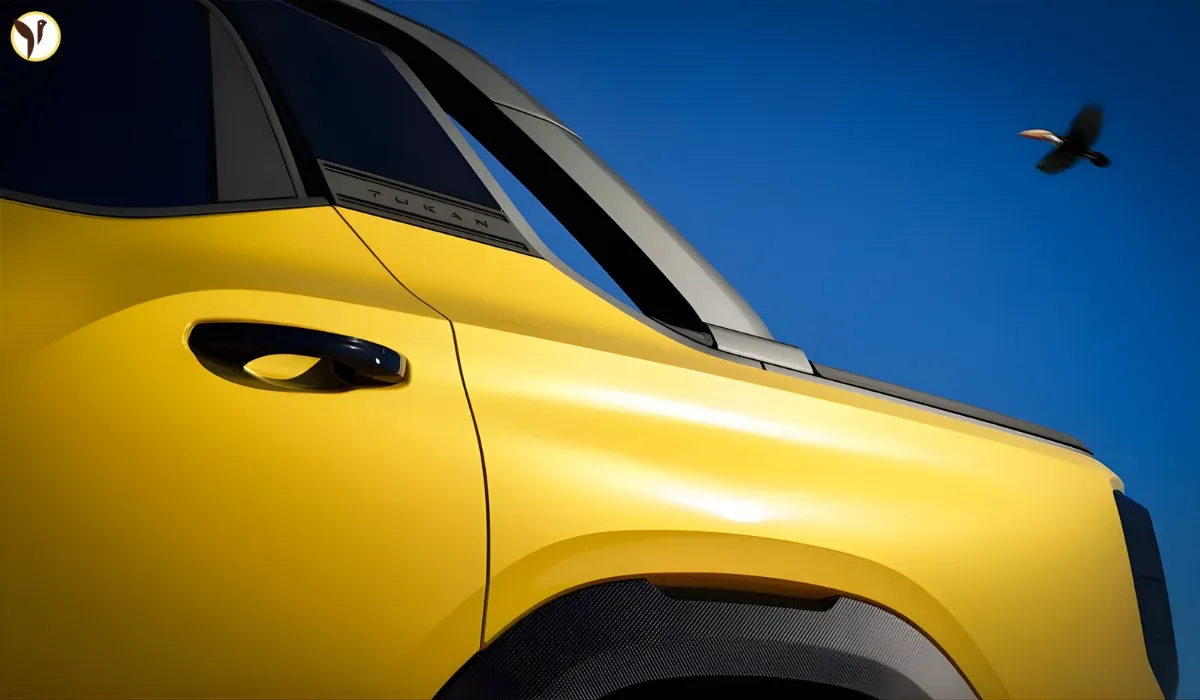Today, BMW announced a recall of 70,852 electric vehicles for a software issue that could cause the high-voltage system to fail while driving. The recall affects the following vehicle models: 2022 to 2025 i4, 2022 to 2024 iX, 2023 to 2024 i7, and 2024 i5. When this error happens the vehicle could lose power for approximately 15–20 seconds but you would still have steering and brakes available to use while the vehicle coasts. Let's unpack what is going on, what it means, and what drivers need to do.
What’s the Problem and Which Vehicles Are Affected?
This isn't a hardware problem, it's a software problem. In fact, BMW's system may be misreading a "double-isolation condition," a safety failure that is supposed to avoid shock hazards. On this misreading, the software will turn off the high-voltage electric drive to escape potential hazards . At least four key models of BMW's EV have made-up segment and category: i4, i5, i7, and iX in model years 2022 and 2023. Subsequently, those vehicles can loss with a large part of the forward propulsion—turn off all that whirring music for up to 20 seconds, though you can steer and brake—you're not totally in the cold.
How This Glitch Was Discovered
The issue first came to light in 2021 with a few warranty claims - 43 total logged with BMW. However, this still wasn't common enough to identify right away. Eventually, engineers identified the cause - a safety check (to do with mis-firing) was being misinterpreted with code. It was not to do with diesel, or particles - but code. Thus, BMW will now be issuing a recall to make sure all the affected EV get the fix.
The Fix: Free OTA Update Coming Soon
You’re in luck—it is fixable and no hardware is needed. BMW has issued over-the-air (OTA) software update at no cost for the corrective action. Don’t want the update to occur through an OTA? You can have a dealer to take care of it if you prefer—also at no cost. Recall notifications will go out by mail by August 5, 2025. For owners with questions, contact BMW at 1‑800‑525‑7417 or check their VIN on the NHTSA site using recall number 25V395.

Why This Matters: Software-Controlled Cars Aren’t Bug-Free
The “recall” underscores a reality with modern EVs: they are extremely reliant on software—and sometimes that software fails to perform. While the infotainment bugs we sometimes experience are minor, this bug involves propulsion. That being said, the ability to right the problem through an OTA update illustrates how quickly EV issues can be addressed—no trip to the garage required! The recall also reminds us to keep being vigilant — especially as our cars become smarter.
BMW’s Road Ahead: Neue Klasse Platform
While BMW works through the issue it has, it is already developing its next-gen Neue Klasse architecture. Both of these new EVs will use dedicated 800-volt systems and, unlike the older platforms affected by the recall, newer battery tech, it will make some difference. As far as the fix is concerned now, moving forward BMW’s future configuration will use systems with less likelihood of having these kinds of software issues.
BMW EV Recall Overview
| Spec | Details |
| Affected Units | 70,852 U.S.-market BMW EVs |
| Models | i4 (2022–2025), iX (2022–2024), i7 (2023–2024), i5 (2024) |
| Root Cause | Software misdetects false double-isolation, triggers shutdown |
| Effect | Loss of drive power for ~15–20 seconds; brakes and steering unaffected |
| Incidents | ~43 warranty claims; no crashes or injuries reported |
| Fix | Free OTA update or dealership software reflash |
| Notification Date | By August 5, 2025 (Recall 25V395) |
| Inquiry Hotline | 1‑800‑525‑7417; NHTSA recall site |
Conclusion
While BMW's recent recall of more than 70,000 EVs may be somewhat alarming, it also demonstrates a tremendous benefit of proactive fixes in the age of the EV. The issue may have been serious, but it has yet to lead to injuries or crashes or even been particularly disruptive. What BMW also did is use a free over-the-air update to provide a nearly instant solution. This is definitely a good example of the fact that as long as our growing software reliance on EVs creates parts like this that generate glitches like this might happen—but thankfully crypto has given us a safeguard as we find a fix.
Source(Image / Thumbnail): carscoops,caranddriver









